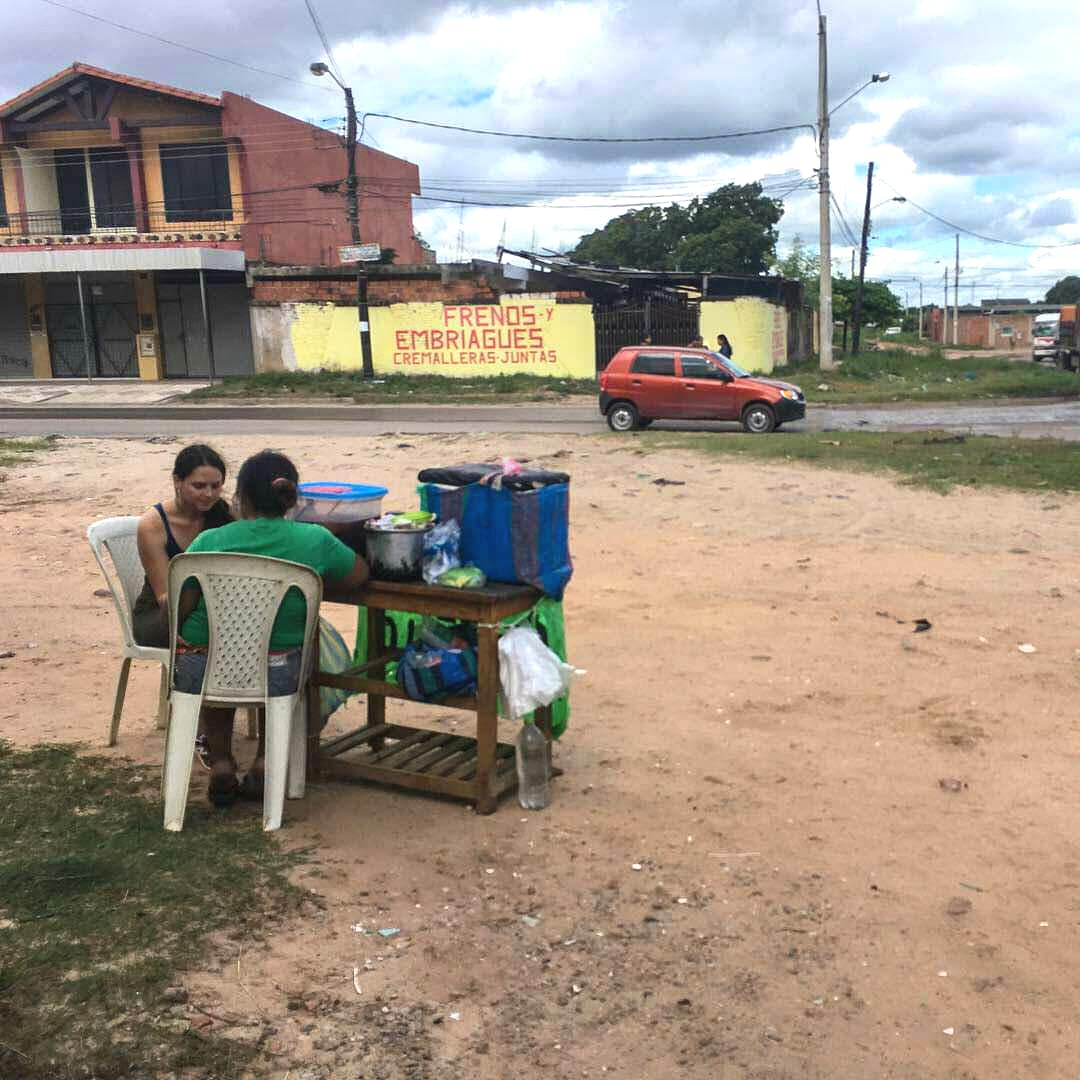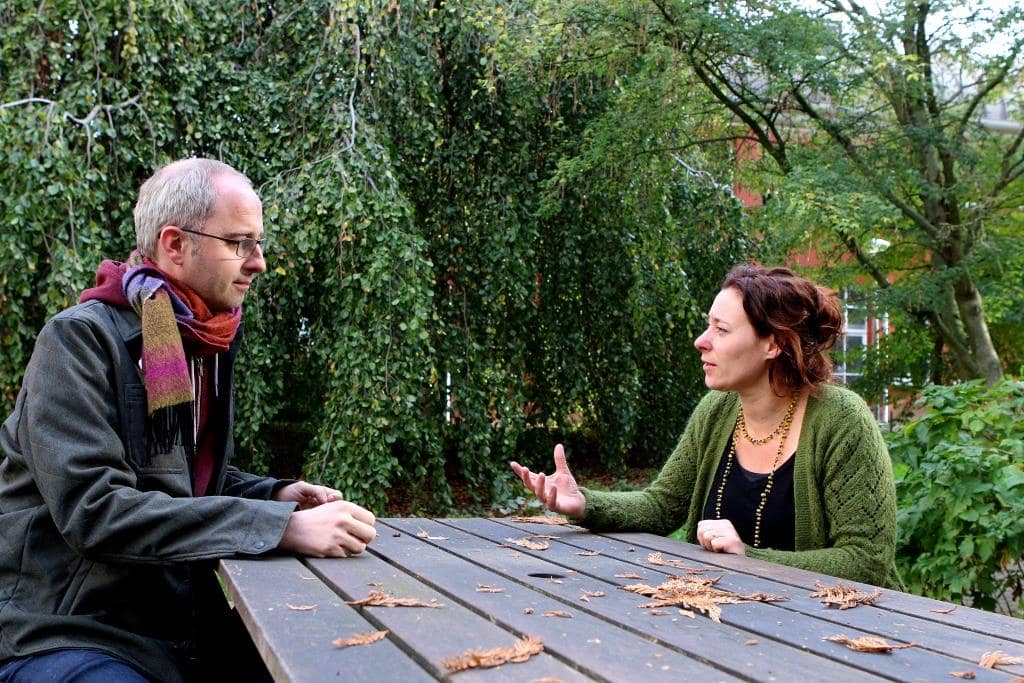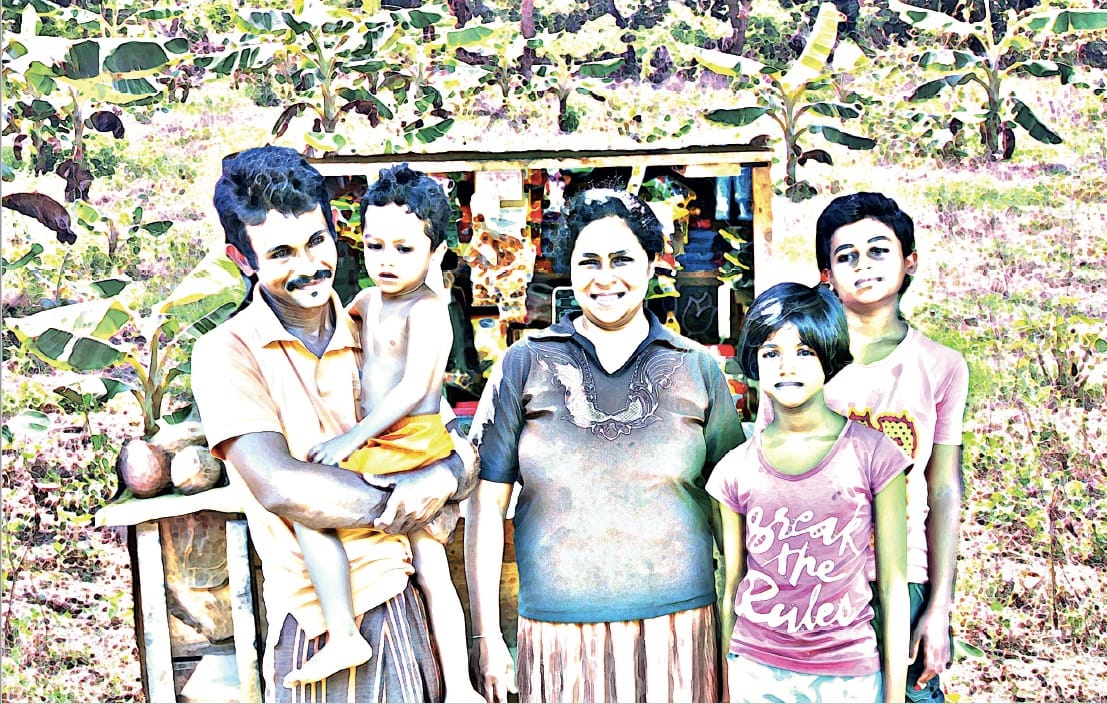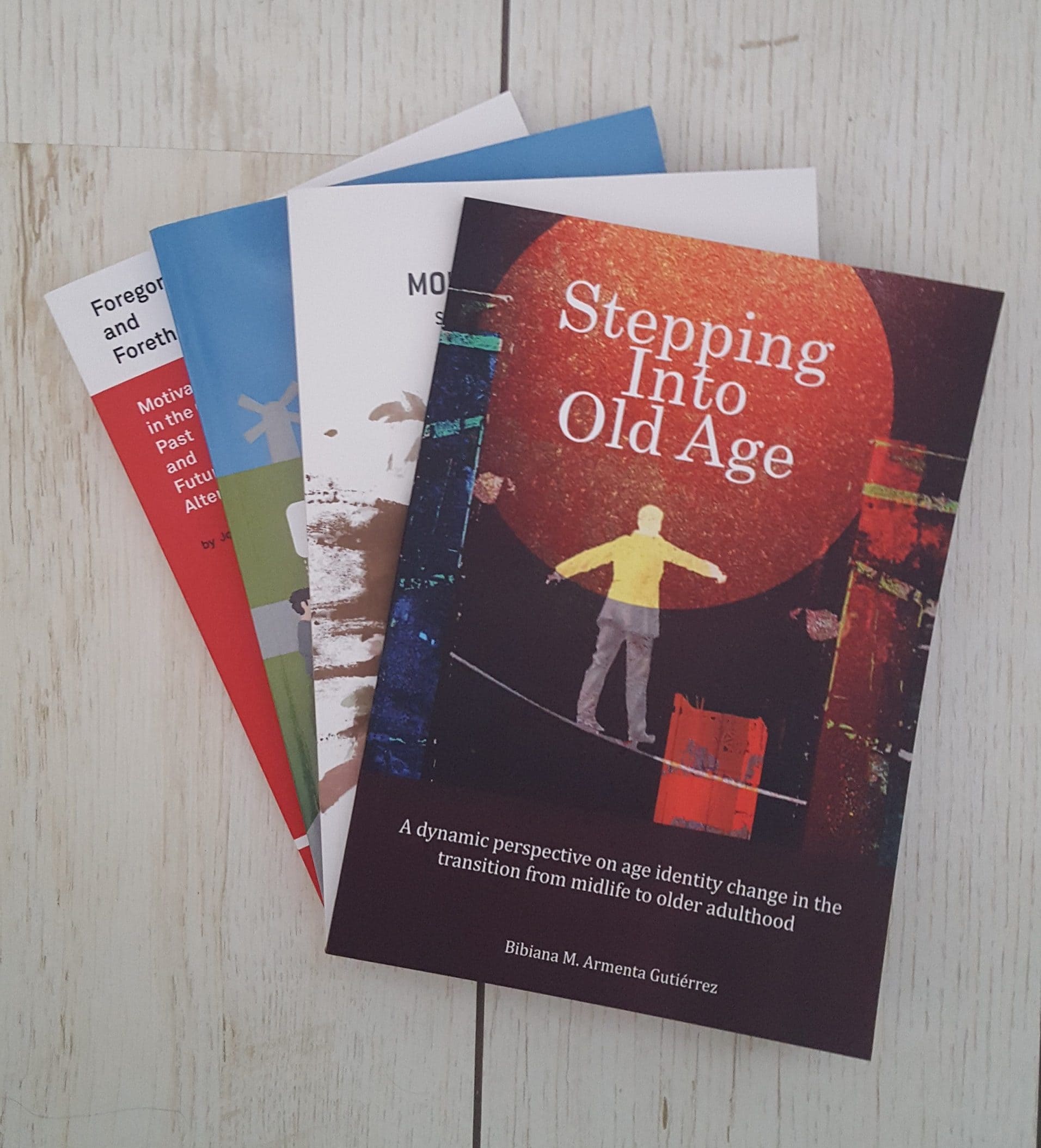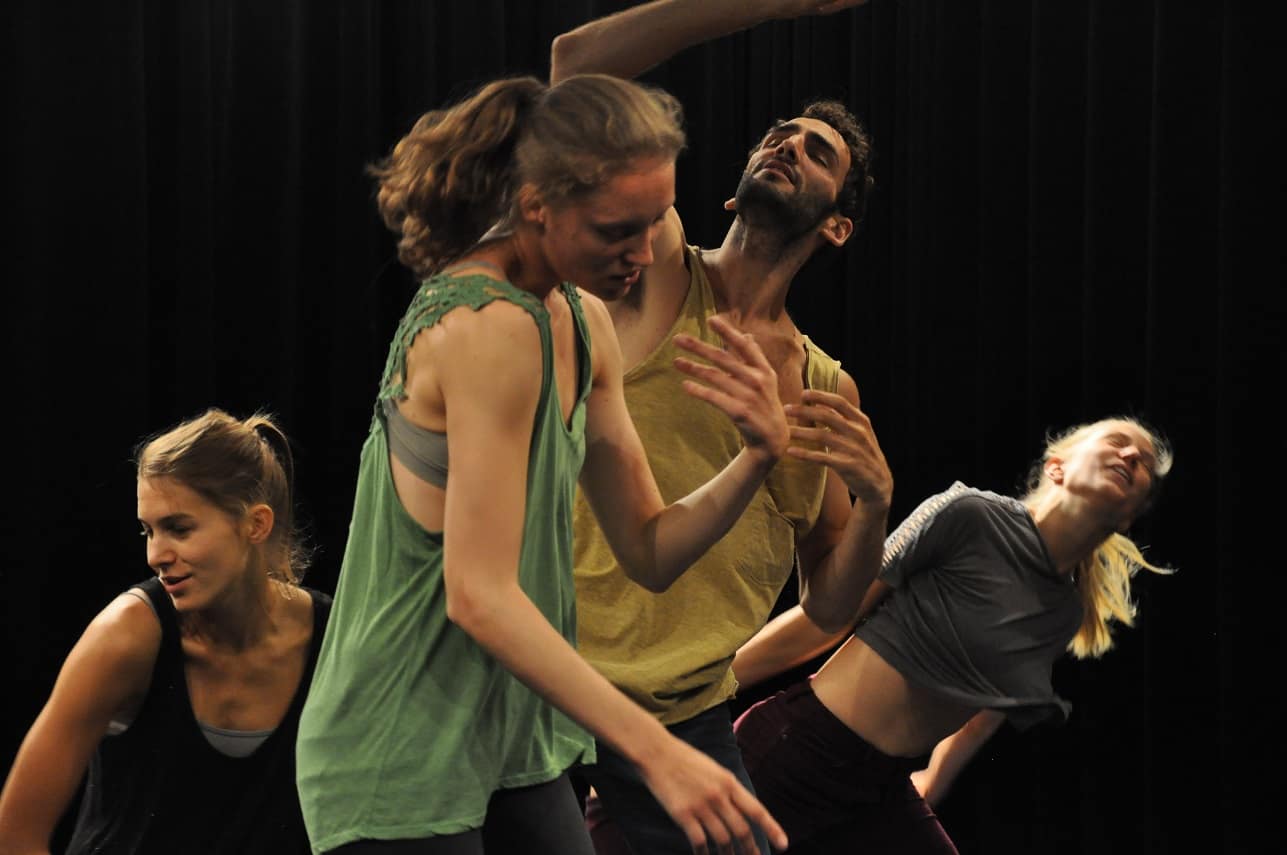t is often assumed that online discussions escalate because people become less socially concerned when they are anonymous, or because online messages are unclear and easily misunderstood. In her PhD-dissertation, which she defended on September 22, Carla Roos reveals that the opposite is often the case: online communication is sometimes so clear that it can make people appear antisocial.
The first-ever presidency of a Black man was often conceived of as the long-awaited end of racial discrimination in the United States. In their wide-eyed optimism, many White Americans trivialized the systemic injustices that Black individuals continue to face and deemed policies in favor of racial equality no longer necessary.
We, two Research Master students, went to Bolivia to support the project of Drs. Nina Hansen and Judith Daniels. We interviewed 100 women about the effect of trauma on female empowerment. We carried home a rich data set and stories that cannot be easily expressed in figures.
What do professors do all day? Did you know that they are also expected to complete various administrative tasks? Mindwise decided to lift the veil on one task regularly being taking on by professors: being an editor for a scientific journal. Specifically, we asked Dr. Rafaele Huntjens about being an Associate Editor for the Journal of Behavior Therapy and Experimental Psychiatry and Dr. Kai Epstude about being Editor-in-Chief for Social Psychology.
On Thursday October 18th 2018, Marloes Huis defended her PhD dissertation in which she discusses how training women in the context of microfinance services can strengthen their empowerment. Both women’s needs and the context should be considered in such training.
Maarten Derksen received the prestigious Cheiron book prize for his Histories of Human Engineering. According to the jury, Derksen’s book “rose to the top in a field of candidates that was rich with excellent and interesting work.” And Mindwise was present in Akron, Ohio, when he accepted his prize.
Amidst the ongoing global phenomenon of population aging, Bibiana Armenta studies processes that affect the well-being of adults who are stepping into old age. Tomorrow, June 21st, she will defend her dissertation in which she outlines how a new identity as an older adult is shaped and in turn shapes the well-being of adults between their 50s and 70s.
On June 11, 2018, Aafke van Mourik Broekman will defend her thesis, in which she shows that we have the ability to internalize a sense of solidarity from the groups we observe. This does not only change how we feel about the group expressing the solidarity, but can also alter our behaviour and our relations with other people around us.
While an acute decrease in brain serotonin may have few effects on social behaviour, a longer-term increase in serotonin in individuals at risk for depression improves mood and alters social behaviour. This Thursday, February 4, 2016, Koen Hogenelst defends his dissertation, in which he explains the relevance of his research findings for the effectiveness of serotonergic medications for depression.
Thinking about how things could have turned out differently can be useful for people. When you think about how something could have gone better, you may learn from it. On the other hand, when you think about how it could have gone worse, you may feel better about yourself.



